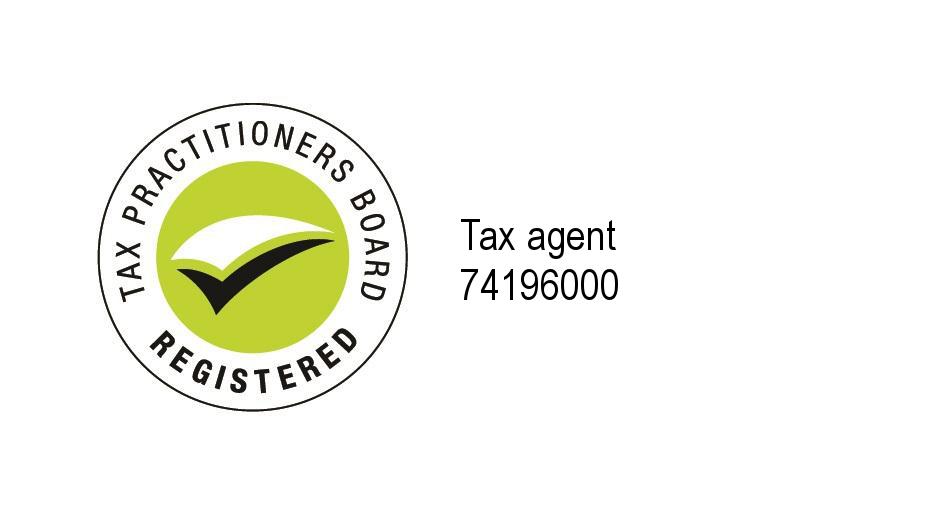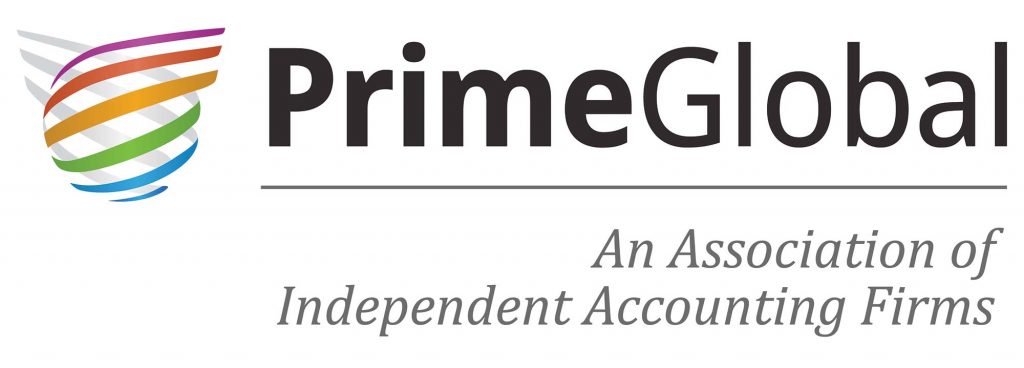With the commencement of the 2019 land tax year less than 3 months away, Victorian landowners should now be considering whether they will be absentee owners at the testing date of 31 December 2018.
If they have not previously notified the State Revenue Office of their absentee status, they need to do so by 15 January 2019. Conversely, if they have previously notified the SRO of absentee status and they will not be an absentee for the purposes of the 2019 land tax year, they will need to inform the SRO of the change.
Absentee landowners (particularly, companies and trusts) should also be considering their prospects for obtaining exemption and whether any other action (as to which, refer to some suggestions set out in the action points at the end of this note) should be taken.
An overview of Victorian absentee land tax and the specific exemption is set out below. The article concludes with some broad action points for you to consider. However, landowners in other States may need to consider whether similar rules exist and are applicable to them.
Absentee Owner land tax surcharge at a glance
Absentee owners are liable to pay an amount land tax (surcharge of 1.5%) in addition to that payable by corresponding non-absentees. An overview of absentee owners is given below:
- An absentee owner is a landowner who is an “absentee person”, namely:
- a natural person absentee
- an absentee corporation; or
- an absentee trust.
- The absentee status of a natural person turns on three conditions, all of which must be met –
- absence of Australian citizenship (a defined concept);
- whether the person does not ordinarily reside in Australia; and
- whether the person was absent from Australia at a certain time or during a certain period.
- The absentee status of trusts (including discretionary trusts) turns on whether tracing through beneficiaries (including discretionary beneficiaries) ultimately leads to a natural person absentee or an absentee company. The tracing process (which requires careful attention to the definitions of “absentee corporation”, “absentee trust”, “absentee beneficiary” and, in the case of discretionary trusts, “specified beneficiary”) is beyond the scope of this article.
- The absentee status of corporations turns on either:
- the company being incorporated outside Australia, or
- where the company is incorporated in Australia, there being an absentee person (either alone or in conjunction with others) who has a controlling interest in the company. Basically, a controlling interest arises where one or more absentee persons control the composition of the company’s board or control/hold the majority of relevant voting power/issued share capital in the company. The precise nature of the required control is beyond the scope of this article.
The Specific Exemption at a glance
Landowning absentee corporations which are incorporated in Australia and landowning absentee trusts may be able obtain exemption from the surcharge through their respective controlling absentee persons or absentee beneficiaries making a relevant application to the Commissioner of State Revenue. The grant of exemption is made in the exercise of the Commissioner’s discretion and we draw your attention to the following points:
- The exercise of the Commissioner’s discretion is governed by provisions in the Land Tax Act 2005 (“LTA”) and more particularly by Treasurer’s Guidelines (published in the Victorian Government Gazette), for which LTA provides. The Guidelines have been expanded over the years, with Guidelines issued in January 2018 extending to absentee trusts and, as noted in the accompanying Land Tax Alert), the most recent (October 2018) Guidelines extending the discretion to absentee corporations/trusts that build-to-rent.
- Fundamentally, the Guidelines require evaluation of three criteria:
- the extent to which the absentee corporation or, as the case may be, the absentee trust (“the absentee”) is Australian-based;
- whether (and the extent relative to the absentee’s landholdings) the absentee’s “commercial activities make a significant contribution to the Victorian economy and community by engaging local labour and utilising local materials and services”; and
- whether the absentee exhibits “good corporate behaviour”.
- The condition of the absentee being “Australian-based” relates to the legal and decision-making structure of the absentee and its activities. Considerations include:
- the nature and degree of control exercisable by controlling absentee persons in the absentee corporation (or, in the case of an absentee trust, exercisable by absentee beneficiaries);
- the level of the practical influence of controlling absentee persons over management and operation of the absentee corporation (or, in the case of absentee trusts, the level of the practical influence of absentee beneficiaries over management and operation of the trust); and
- the level of involvement of controlling absentee persons in determining the corporation’s financial and operating policies (or, in the case of absentee trusts, the level of involvement of absentee beneficiaries in the conduct of the trust).
Some Broad Action Points
Identify whether surcharge is relevant
Without necessarily being exhaustive, signs indicative of the need for further investigation where land is being purchased by a company or trust (including a discretionary trust) include:
- a natural person absentee either directly or indirectly (e.g. through companies or fixed/unit/discretionary trusts) holds shares or interests in the landowning entity; oran absentee person (note: not limited to natural person absentees) either alone or in conjunction with another absentee person:
- can control the composition of the board of a company (“Co A”), or
- can cast/control the casting of votes in a company (“Co B”), and
- Co A /Co B either is the landowning entity or directly/ indirectly (e.g. through companies or fixed/unit/discretionary trusts) holds shares or interests in the landowning entity.
Is an exemption relevant?
Where the surcharge is applicable, consideration can be given to the Commissioner’s exemption discretion discussed above. However, generic LTA exemptions that extend to the surcharge should not be overlooked.
Re-structure the investment?
Where the surcharge will apply without likely exemption relief, consider whether the legal or decision-making structure can be adapted to take it outside the surcharge or to meet the criteria for exemption. For example, you may like to consider whether any immediate action will result in a person not becoming a natural person absentee for purposes of the 2019 land tax year. Anti-avoidance provisions and, especially for existing structures, stamp duty and other costs will need to be factored into any re-structuring decision. As with other taxes, it is prudent to consider the applicability of absentee owner surcharge as part of the pre-purchase tax planning and structuring process, rather than after purchase.
Individuals who are landowners
Individuals who are absentee natural persons also need to consider the implications of holding Victorian land, possible responses (e.g. restructuring) appropriate to their circumstances, and access to generic LTA exemptions that extend to the surcharge. Individuals may also like to consider whether any immediate action will result in them not being natural person absentees for purposes of the 2019 land tax year.


